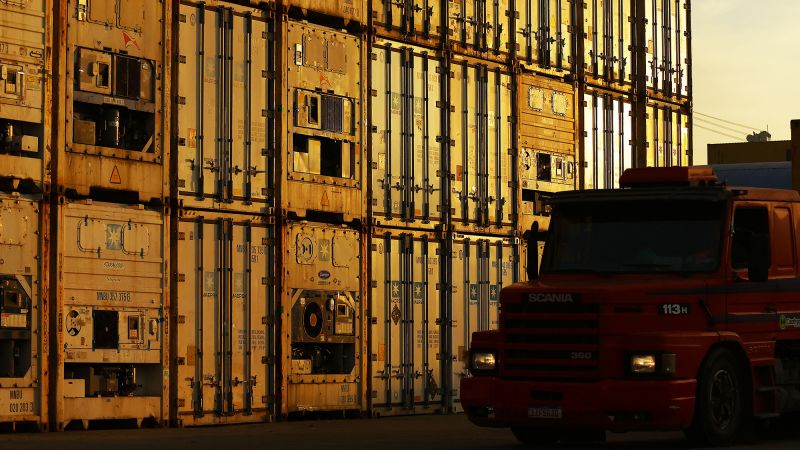Trump Threatens Brazil with 50% Tariff Amid Political Tensions

In a dramatic escalation of trade tensions, President Donald Trump has issued a warning to Brazil, proposing a staggering 50% tariff on Brazilian goods starting August 1. This revelation comes from a letter he sent to Brazil’s President Luiz Inácio Lula da Silva, which was published on Trump’s social media platform, Truth Social. In the letter, Trump accused Lula of engaging in a politically motivated “Witch Hunt” against Jair Bolsonaro, Brazil’s former right-wing president, who is currently facing serious charges related to an alleged coup attempt.
Bolsonaro, who has been known to express his admiration for Trump, is in legal trouble for his alleged role in a plot to overturn the results of the 2022 presidential election. This legal saga has sparked a significant political crisis in Brazil, amplifying tensions between Bolsonaro's supporters and the current administration led by Lula.
It is important to note that Brazil's situation differs from that of other countries mentioned in Trump’s recent tariff letters. Unlike the 21 nations that received similar warnings this week, Brazil had not been subjected to reciprocal tariffs previously. Instead, Brazilian goods were already facing a baseline tariff of 10%, a figure that Trump has applied to various countries involved in trade disputes. In contrast, the U.S. enjoyed a notable trade surplus with Brazil amounting to $6.8 billion last year, indicating that American exports to Brazil exceeded imports from the country.
This is not the first instance where Trump has leveraged the threat of tariffs to influence the domestic policies of foreign nations. Earlier this year, he suggested imposing a 25% tariff on Colombian goods that could escalate to 50% if Colombia failed to accept deportees from the U.S. Ultimately, Colombia consented to the deportations, averting the tariffs. Trump has similarly imposed tariffs on goods from Mexico, Canada, and China, citing their roles in illegal immigration and the opioid crisis in the U.S.
Despite his ire towards the ongoing legal proceedings against Bolsonaro, Trump did offer a glimmer of hope in his letter: “there will be no Tariff if Brazil, or companies within your Country, decide to build or manufacture product within the United States.” This offer aligns with his broader strategy of attempting to encourage foreign companies to set up operations in the U.S. to avoid punitive tariffs.
On the same day, Trump sent tariff letters to a range of countries including the Philippines, Sri Lanka, Moldova, Brunei, Algeria, Libya, and Iraq, with proposed rates reaching as high as 30%. These tariffs are set to take effect on August 1, pending any negotiations. Interestingly, the tariff rates proposed for Sri Lanka, Moldova, Iraq, and Libya were lower than those announced in April, whereas rates for the Philippines and Brunei were higher.
Trump had previously indicated that the letters to world leaders were significant, stating, “a letter means a deal.” However, this perspective might not be shared universally, as many countries appear skeptical about the implications of these communications. Other than the letter directed at Lula, Trump’s correspondence consistently reflected concerns about the trade deficits the U.S. faces with these nations, implying that tariffs would be a response to policies impeding U.S. exports.
In the backdrop of these developments, JPMorgan economists expressed surprise at Trump’s bold move against Brazil, noting in their client newsletter that the 50% tariff threat was unexpected. The term “Liberation Day” was used to describe the initial April 2 announcement concerning reciprocal tariffs.
The deadline Trump set for countries to negotiate trade deals with the U.S. was initially slated for Wednesday at 12:01 a.m. ET, but it has now been extended to August 1. This extension provides countries additional time to negotiate, although time is running out. Meanwhile, Bolsonaro, often referred to as the “Trump of the Tropics,” is embroiled in serious legal challenges, facing charges that include an alleged conspiracy to assassinate Lula, claims which he fervently denies.
This ongoing saga highlights the intersection of international trade and domestic politics, with significant implications for U.S.-Brazil relations as Bolsonaro’s trial unfolds and the global economic landscape continues to shift.




























